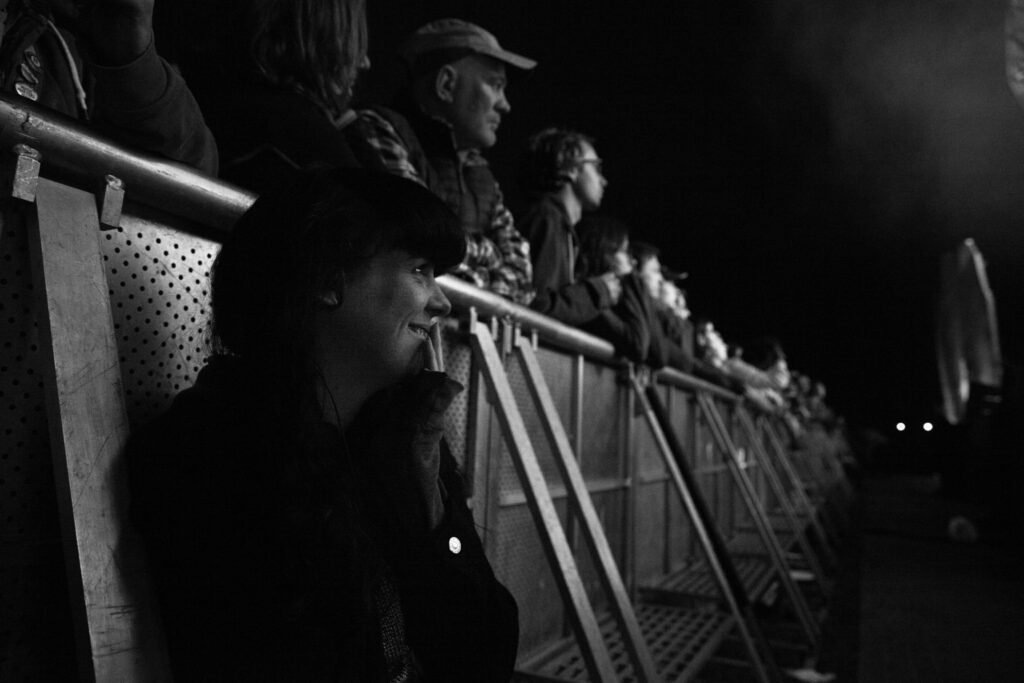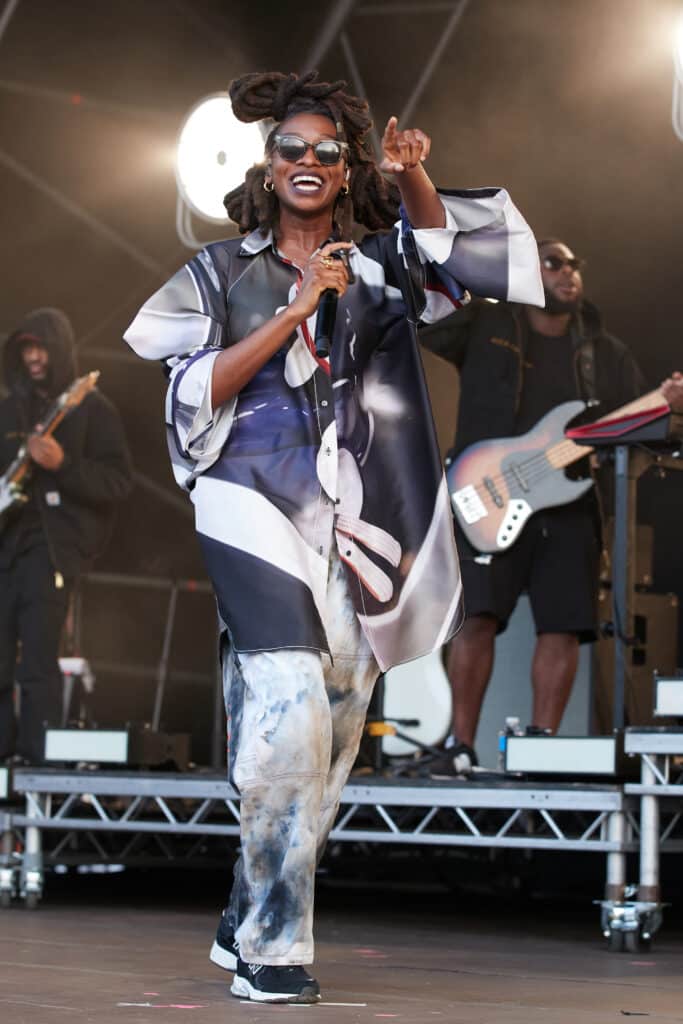Features
Weirdly Calm, Slightly Nervous: A Chat With End Of The Road’s Lauren Down

End Of The Road (EOTR) festival is gearing up for its 16th edition, Sept. 1-4, in Wiltshire, England, with a lineup that includes Pixies, Fleet Foxes, Bright Eyes, Khruangbin, Aldous Harding, Soccer Mommy, Black Midi, Yard Act, and many more. One of the UK’s most popular independent festivals, EOTR sold out way in advance – despite the adverse economic circumstances affecting event organizers and fans alike. Pollstar reached out to the festival’s managing director, Lauren Down, to find out how her team is coping with the current challenges.
EOTR was one of the few festivals lucky enough to take place after the UK’s late-July
reopening in 2021. And even though last year’s EOTR was “such a nightmare to organize,” as Down recalled, it allowed her team to shake off the rust that had accumulated during an eventless 2020. What made last year’s edition so hard to organize, apart from having a mere nine weeks to implement the entire festival, were supply chain and Brexit-related issues that caused several hiccups. “Five weeks out, we had no power and water. Four weeks out, we lost our beer supply. Our second biggest stage turned up a week late,” she remembered.

It was worth it, though. “The atmosphere on the site was phenomenal. How many messages we had after ‘21 from people who were saying, ‘I needed that so much.’ It was so worth the pain,” she said.
With last year’s experience still fresh, Down and her team began working on this year’s festival in October, when they wouldn’t usually start in earnest until January, “to get a lot of things sorted ahead of time, to be able to have our pick of suppliers and work to the budgets we needed to,” she explained, adding, “We have an awful lot of new suppliers this year, who have never been on site before, which presents logistical risks.”
Down said costs across the board have risen by around 30% to 40%. “We went into ‘22 thinking, that we could bring our ‘21 budget back in line, to look a little bit more like a pre-pandemic budget, but it’s basically the same, a bit more expensive because of fuel. There’s no turning back the clock in that regard, everything’s more expensive,” she explained.
Down also confirmed that staff shortages, either because of people leaving the biz or
Brexit, was “a real thing,” just as real as supply chain and basic material shortages. “Suppliers like our waste management company, our staging company, our power company, a lot of overseas labor now either don’t want to or can’t come back to the UK to work,” she continued. Those issues are exacerbated by many new festivals coming into the market and increasing competition. It’s the perfect storm the Independent Festival Association has been warning of for a long time.
Supply Chain Crisis, Workforce Shortage & Brexit: AIF Warns Of ‘Perfect Storm’
Despite the adverse circumstances, the team is all set for the first September weekend. Down said she felt “weirdly calm,” slightly “nervous,” but generally “okay.” At least her team is in a position “where we’re putting on a ‘22 festival with ‘22 prices. Whereas there will be events that are still honoring ticket prices from 2020, but they’re facing 2022 prices. And those events will be struggling an awful lot more because of it,” she explained, mindful that the worldwide price hikes also affect the fans. Figuring out how much to charge for a ticket was a “very delicate balance, and I think we just have to tread it very carefully,” she said, “We’re very aware that it’s a huge economic crisis, we’re probably on the verge of a recession. The fuel cost crisis, particularly here in the UK, is hitting us heavily, and it’s only going to get worse when winter comes. So yeah, there are massive concerns for our audience and keeping things accessible.”

From 2021 to 2022, the price for the top-tier EOTR ticket went up from £199 to £210
excluding booking fees. Despite the increase, the festival sold out in February, earlier than ever before. “We have a very loyal, wonderful audience. A third of them book their tickets each year without even knowing the lineup. I’m obviously biased, but there’s something very special about End Of The Road. It’s very intimate and has a unique atmosphere. It’s non-corporate, and it can be what you want it to be: a gentle family weekend, or a great time with your friends dancing all night. People don’t come to be seen, they don’t talk through your favorite act, they come to watch, and that’s what makes it really special.”
Down said 2023 is unlikely to be any easier, concluding, “any event organizer went through a lot to make their events happen this year. As the cost-of-living crisis deepens, and we get through the winter, I don’t know where we’re going to be. I think it’s going to continue to be a very difficult, challenging landscape for a number of years to come.”